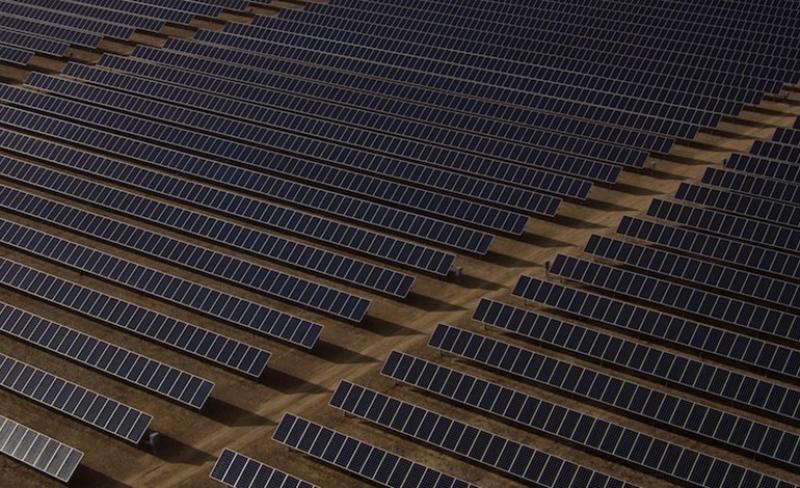A new, broad measure of “energy transition investment” shows that the world committed a record $501bn to decarbonisation in 2020.

The analysis, compiled by BloombergNEF (BNEF), reveals this investment beat the previous year by 9% despite the economic disruption caused by the pandemic.
BNEF’s analysis shows that companies, governments and households invested $303.5bn in new renewable energy capacity in 2020, up 2% on 2019.
This was due in part to the biggest-ever build-out of solar projects and a $50bn surge for offshore wind, BNEF stated.
Around $139bn was spent on electric vehicles and associated charging infrastructure, up 28% and a new record.
In other areas of energy transition investment domestic installation of energy-efficient heat pumps came to $50.8bn, up 12%, while investment in stationary energy storage was $3.6bn, level with 2019 despite falling unit prices.
Global investment in carbon capture and storage (CCS) tripled to $3bn, while that in hydrogen amounted to $1.5bn, down 20% but the second-highest annual number to date.
BNEF analysis head Albert Cheung said: “Our figures show that the world has reached half a trillion dollars a year in its investment to decarbonise the energy system.
“Clean power generation and electric transport are seeing heavy inflows, but need to see further increases in spending as costs fall.
“Technologies such as electric heat, CCS and hydrogen are only attracting a fraction of the investment they will need in the 2020s to help bring emissions under control. We need to be talking about trillions per year if we are to meet climate goals.
A geographical split of BNEF’s energy transition investment data shows that Europe accounted for the biggest slice of global investment, at $166.2bn (up 67%), with China at $134.8bn (down 12%) and the US at $85.3bn (down 11%).
Europe’s performance was driven by a record year for electric vehicle sales, and the best year in renewable energy investment since 2012, BNEF said.
BNEF CEO Jon Moore added: “The coronavirus pandemic has held back progress on some projects, but overall investment in wind and solar has been robust and electric vehicle sales jumped more than expected.
“Policy ambition is clearly rising as more countries and businesses commit to net-zero targets, and green stimulus programmes are starting to make their presence felt.
“Some 54% of 2016 emissions are now under some form of net-zero commitment, up from 34% at the start of last year. This should drive increasing investment in the coming years.”